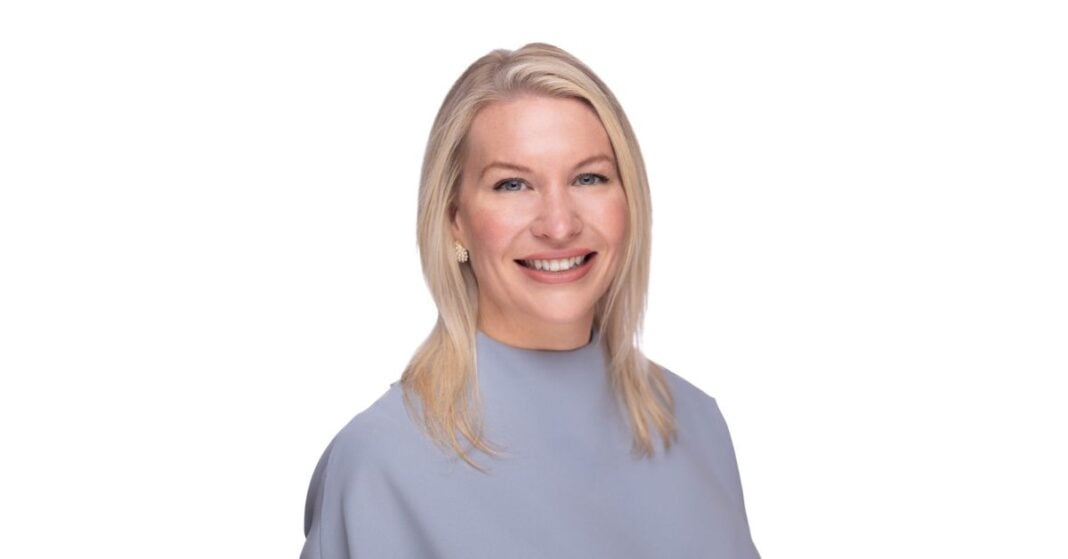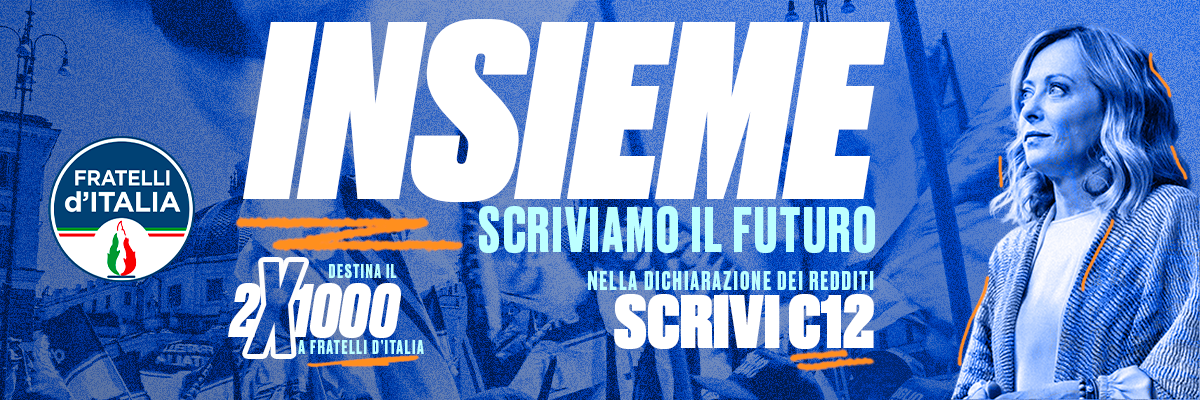Meaghan Mobbs, PhD, is an experienced nongovernmental, policy and political leader. Graduate of West Point, she holds a masters in forensic psychology from George Washington University and a doctorate in clinical psychology from Columbia University. A former paratrooper and combat veteran, Mobbs directs the R.T. Weatherman Foundation and is the director of the Center for American Security at the Independent Women’s Forum.
Tell me about the work that the R.T. Weatherman Foundation is doing in Ukraine.
The R.T. Weatherman Foundation has been in Ukraine since 2022 and in that time period, over the past three and a half years, we have created several programs according to the needs on the ground. We currently operate several programs in the life cycle of the soldier or defender. This means that we run these programs that begin with the first point of entry wich is when the defender goes into training and we do what we call “life tissue trauma training”, wich is a specific type of medical training that increase the survival ability on the battlefield.
If a soldier is wounded in action, we run an evacuation program in partnership with a number of European hospitals, and our department in those hospitals evacuates defenders who require more specialized care to Germany, be it nerve crafts, specific plastic work, skin graft, etc. If the soldier suffers from post-traumatic stress or depression, we have the Targeted Trauma Treatment (T3) Program. The T3 Program leverages the advanced Stellate Ganglion Block (SGB) injection protocol, a proven trauma treatment that help Ukrainian soldiers recover quickly from combat stress and return to duty.
In case the soldier is killed in action, especially if it is a foreign volunteer, we work very closely with different embassies in Ukraine and work with their families to send home the defender’s personal belongings. We also help the families to navigate all the legal burocracy and complete death benefits or death certificates, whatever they need for their home countries. If the soldier is missing in action, we work with the Ministry of Defense, Health and Interior, to find the remains and return them home, and at the same time we conduct individual investigations for the families: we do interviews, we go to the police, we make applications in court, and so on. In addition, we partner with a number of bureaus and criminologists to teach and scale a pioneering fingerprint technic to identify these soldiers and allow their remains to be returned to their families.
Is the example of Ukrainian soldiers a lesson for the West?
Absolutely and that’s why I make a huge advocate for this: we should be looking at the Ukrainian military, because they are doing more with less. Our military may have the best and most advanced equipment, and obviously that’s important, but there are things in warfare, principles of war that matter a lot more, like speed and agility, and unfortunately our procurement sistem to get things like drones is slow, burocratic, expensive and small. And when you have to do things on the battlefield like we see in Ukraine you can’t afford to be so slow. We have to look at this war and understand that Ukrainian military is now the most combat-experienced, battle-hardened, and experienced army in the world, and by listening to them, partnering with them, understanding them, and working alongside them, we in the West are setting ourselves up for avoiding failure.
One of the causes of the West’s weakness is Wokism and the Trump administration’s first move has been to banish that ideology from state institutions and also from the military.
We are in the process of changing that. For a period of time the U.S. military has been moving away from its principal core wich is fighting and winning our nation wars; that is what the military exits but, unfortunately, there was a substantial focus in social programs or philosophies divorced from the idea of warfighting. We should be and only be a meritocracy standard space institution where the best people are picked for the job. So now that is shifting and the ideas put in practice by the previous administration are out. Also, to put gender or skin colour over performance is a very dangerous thing. Sadly, this is still happening and we are going to need a generation to change it because there has been many years of this, and we have seen many leaders who believe in the philosophy that skin colour should matter, so it is going to take a while to get these ideas purged out of the military.
Unfortunately, Russia has been able to use our own narrative against us. Most conservatives societies don’t want the trans agenda, they don’t want these crazy ideas that men can be women and women can be men, but Russia was able to use that against us. Under de previous Administration, in 2023, I was in Tiblisi, in Georgia, and I met with civil society groups, and they were like: “Meaghan, listen, all this US Aid money coming to Georgia is meant for LGBTQ+ programs. We do not want that in Georgia, what we want is help to fight Russian disinformation, so we can fight back against what we see is coming wich is a Russians push in our society”. We did not no do that and look what happen in Georgia, the rise of Georgian Dream. We were trying to use government dollars to push an agenda that many of these countries do not want, instead of fighting Russian influence.
Do you think the problem with the Ukrainian war is that it became an internal U.S. issue used as a weapon by political parties?
I think it is a couple of things. It became a politizied issue and it shouldn’t be, actually, I had a lot of frustration with the Biden administration because I think they failed to properly explain why it was in America’s first interest to support Ukraine. Former President Biden never came out to the American people, addressed them over losses o war efforts, and said: Listen! This is absolutely not just about a fight for Ukraine, this is about a fight for the Western world; this is about a fight against an adversary arguably an enemy, and we have the obligation to assist them; and about the money we are sending, most of it is not going to Ukraine, most of that money is going back into American defence industrial base, wich desperately needs money, and we are getting new equipment and sending the old one to Ukraine. However, he never did that. Instead, we had an American public that believed that we send a lot of money to Ukraine and they didn’t understand that most of that money stayed in America or it was used in the European rotation of our troops. And then it was used as a partisan weapon in the election year, when it shouldn’t have been.
I think this is the great tragedy of our domestic situation because in the past, national security and foreign policy issues were predominantly bipartisan; there was a lot of unity around this things: Liberty, the fight for freedom against tirannies, etc. In particular, our two global wars on terror, Irak and Afghanistan, began to fracture that. And yes, Ukraine has became insanely political and it shouldn’t be, it should be an unifying steam for the American people; this is a country fighting for its right to exist, pushing back against tiranny, and lest not forget all of the atrocities that have been committed: thousands of children kidnapped, women and girls raped on occupied territories, pows executed… These are things Conservatives feel very strongly about and we should be screaming at the top of our lungs that this is not right. We stand for the oppressed and we stand for freedom. So, it has been quite shocking to see it happen.
Support of Ukraine is rising among Republicans. It seems that people like Tucker Carlson or other clearly pro-Russian MAGAs are losing support and credibility. Is that so?
Yes, it is exactly like that. It’s been painful, but there is a reckoning in the conservative commentator space in the U.S., and what I mean by that is that you have these people like Tucker Carlson or Candace Owens saying things that are truly detached from reality, things that are dangerous and anti-American. And for a long time they have these massive plattforms that made them very popular, but, particularly in this year, we’ve had a mask slip moment. We’ve seen who they really are, and they’re not actually pro-American, they’re pro-dollar. They’re looking for where they can get more money, more outrage, more clicks, likes or whatever.
This is in direct opposition to conservative principles, wich are that you stick to your values and you talk about them in ways that you can persuade other people that this is the right way to see the world. Thankfully, they are beginning to fall over their skis and people are starting to realice that these are not the heroes we thought they were and they don’t speak for us, especially when they talk about Ukraine or Israel. In my opinion, and I’m going to take it a step further, I think they are in the process of erasing the idea of just war. They’re trying to build a new narrative that World War II was bad, Churchill was bad, all wars are bad and we shouldn’t fight in them. And what this really means is basically living a life on our knees. There’s nothing worth fighting for, nothing worth dying for, we should just go along to get along. I do not believe that, I believe that there are some things worth fighting and dying for, and these are our true Western values: freedom of speech, freedom of opportunity, freedom of religion… The things that make us different from autocracies and authoritarian regimes.
After the meeting in Alaska, it seems that Putin is in no hurry to negotiate.
Putin is playing for time, like he always does. Sometimes we forget that countries like Russia and China, with their extraordinary long histories, are willing to just play for time. They are willing to just wear out the West, to wear out America and other countries. I think Putin is playing for time, hoping that we get bored or that the Russians gain more territories on the battlefield, but we are starting to see, as you mentioned before, a spike in Republican support to Ukraine and that’s why the bulk of Americans, 89% in the last polls, don’t trust Putin and don’t like Russia.
How do you see Trump’s policy towards Ukraine?
The president has done a good job of pointing out that the big burden is on Europe to do more, and I say this often: a strong Europe is good for America, and a strong America is good for Europe. We need each other. And he has tried diplomacy, top diplomacy with Russia. I firmly believe that he had he to meet with Putin face to face. He has done all that and so now the questions is: what is next?
I think the president is giving Putin time and space to see if he will change his mind, but we know that is not going to happen and what is going to come are tougher and tougher sanctions. People tend to forget that even with all the sanctions in place, enforcement is still important. So, when the President came in, the sanctions were six on paper on a scale of one to 10, but we were implementing them with only a three. So the President has a lot of leverage and I hope, and that’s what I’m advocating, that if Putin does not agree to this trilateral meeting, the sanctions will be tougher, secondary sanctions will be imposed and more weapons will be sent. We have to turn Ukraine into a porcupine, so that Russia feels the pain. Putin doesn’t care about the losses, he doesn’t care about losing another million, but we have to make it as painful as possible for him to come to the negotiating table.
In a recent post on X, on the occasion of Ukraine’s Independence Day, you wrote that this day belongs not only to Ukrainians, but to all those who love freedom.
Exactly. Some of the work that we do is with the foreign families whose sons fought and died, and I deeply believe that this is the battlefield of the West. I know that saying this is taboo and that they will call me neocon or warmonger, but I think it is a very basic idea that we in the West are being challenged on whether or not we will stand up for our principles, and we are being tested. All these volunteers who come from all over the world to fight, some of whom end up dying there, demonstrate the power of freedom and Liberty. Human beings still respond that call, and Ukrainian independence does not belong only to Ukraine anymore, It belongs to literally every person that says: “Not today, not on my watch, we are not going to let a fellow Western country fall under the thumb of authoritarians.”
This is not about the Russian narratives like liberation form the Nazis or Ukraine has been always Russia, none of that is true and if we let this happen in Ukraine, it will happen in Estonia, in Latvia, in Lithuania, under an authoritarianism that advances in a slow and creeping manner to impose its tyrannical rule. I have daughters and I do not want that in their lifetime, we have to leave the world better for our children, and if we do not stop it now we are just passing it on to the next generation and it will be bigger, bloodier and worst.





















